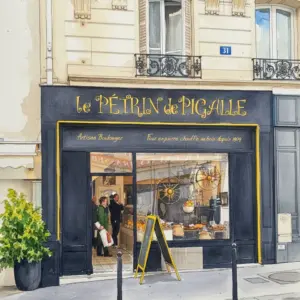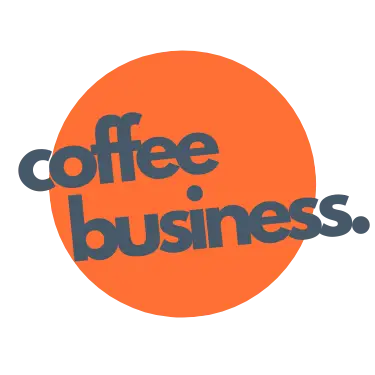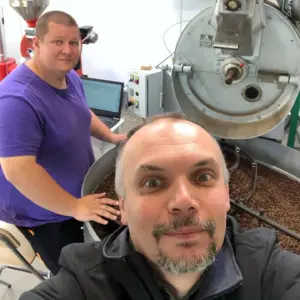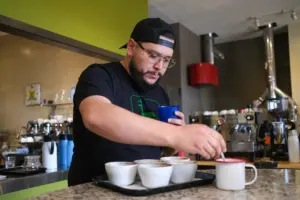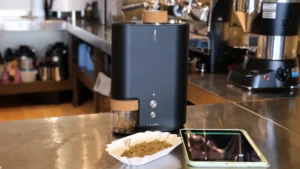Here’s where things get personal (and a little embarrassing).
For years, I handed out coffee scores like a stingy teacher grading on a curve. 84.5 here, 87.25 there never too generous, never too excited. Playing it safe. Playing it “professional.”
The highest score I ever gave as a Q Grader? 93.75. To a coffee from Panama Mount Totumas that I still dream about. Literally. I wake up sometimes thinking about that cup.
But here’s what haunted me: if that life-changing, dream-worthy coffee was “only” 93.75, what would a 100-point coffee even be? What was I saving those extra points for? The coffee gods themselves?
Then Coffee Value Assessment’s Affective form happened.
With CVA you don’t tally up the numbers to get the final score. You evaluate individual attributes like balance, sweetness, acidity etc . Honestly rating what you actually taste. Then you plug those numbers into an online calculator, and the algorithm calculates the final score for you.
It’s completely blind. You have no idea what final number you’re heading toward.
Suddenly, I started scoring coffees I loved at 94, 95, 96 without even realizing it. The calculator showed me something profound: I wasn’t stingy because I had high standards. I was stingy because I was scared of my own enthusiasm.
CVA’s affective evaluation is brilliant at preventing “safe scoring” because you never see the final number coming.
The system made me realize that Mount Totumas coffee? In my heart, it was probably closer to a 99. But my Q Grader conditioning had me playing it safe, holding back, rationing my joy like it was going to run out.
Coffee Value Assessment freed me to score what I actually felt, not what I thought was “appropriate.”
